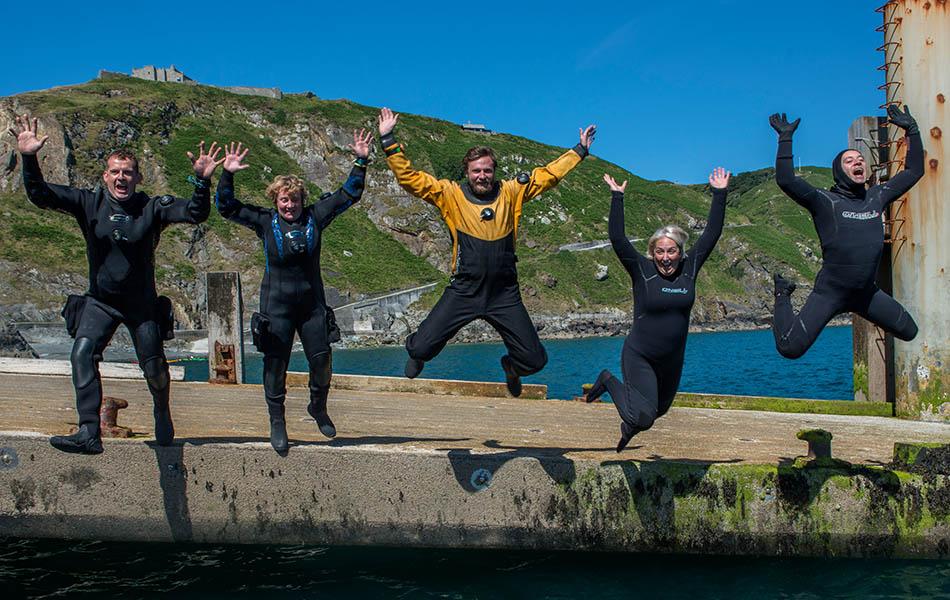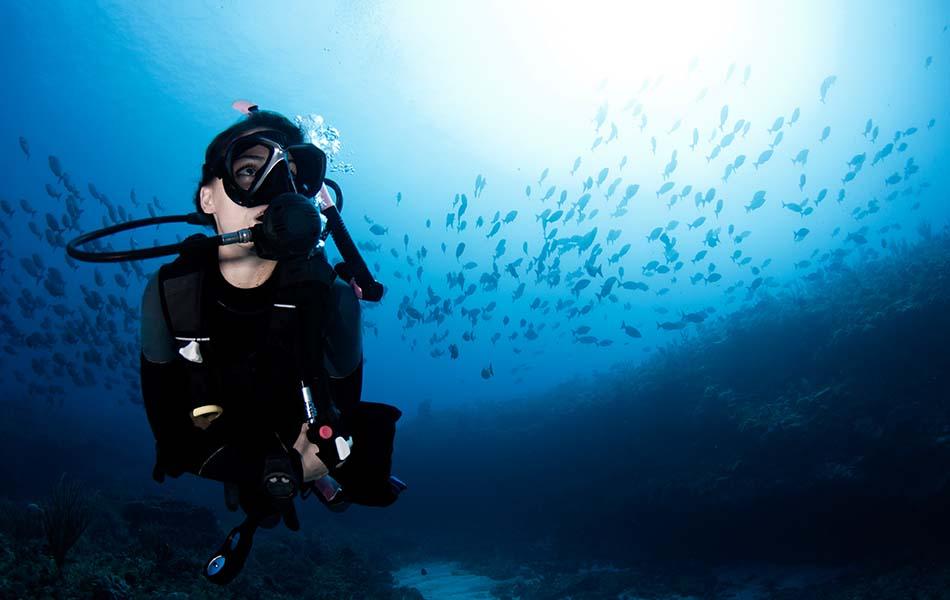
As Highlighted last month the 2018 Annual Diving Incident Report is now available online.
As we learnt last month the report for 2018 introduced a new analysis investigating the efficancy of rescue skills and try to establish if there was any evidence to indicate that there was a significant weakness in this area.
That does not necessarily mean that we can sit back and rest on our laurels. One of the reassuring points of the incident report overall is that serious diving incidents are thankfully very rare (although we would all like them to be rarer still).
Consequently the majority of us would go through our diving careers never having to rely on those rescue skills for real. As a consequence unlike diving skills the necessary requisite skills will deteriorate over time and some degree of refresher training would be most beneficial.
Learning and maintaining rescue skills
Instructing
One group who should be routinely practicing their skills are instructors. The majority of active instructors will be doing this by teaching their students how to achieve the skill as an integral part of their initial training.
BSAC instructing is founded on the principle of Instructor demonstration followed by student mimic and so active instruction of rescue techniques keeps these skills honed whilst providing the foundation for newer divers.
However, if you find that you have not taught rescue skills for a while it may be worth getting together with another instructor (or more) to practice your skills once more.
Resuscitation
Because we don’t witness incidents often it is easy to assume that resuscitation techniques may not be successful and so deteriorating skills may not seem important.
The analysis shows that many resuscitation attempts provide a positive outcome and can actually save the life of a fellow diver. What is even more encouraging is the substantial increase in success provided by the use of AED devices.
Therein lies the answer to not only improved success but also the maintenance of the underlying core skills. For those without AED training following a course not only teaches and demystifies this essential rescue tool but also refreshes the skills of Rescue Breaths and Chest Compressions.
Refresher
AED qualifications are subject to an annual validity to encourage refreshing of the necessary supporting skills of CPR. This provides the perfect opportunity for instructors and divers alike to hone and refresh their skills and is generally fun too.
Want to develop your diving and safety skills?
Send your postcode to hello@bsac.com and we'll help you find the right scuba club for you to train with. Or if you fancy a chat call us 0151 350 6226 (Mon - Fri, 9 - 5:30).

 Author: Jim Watson | Posted 22 Jan 2019
Author: Jim Watson | Posted 22 Jan 2019




